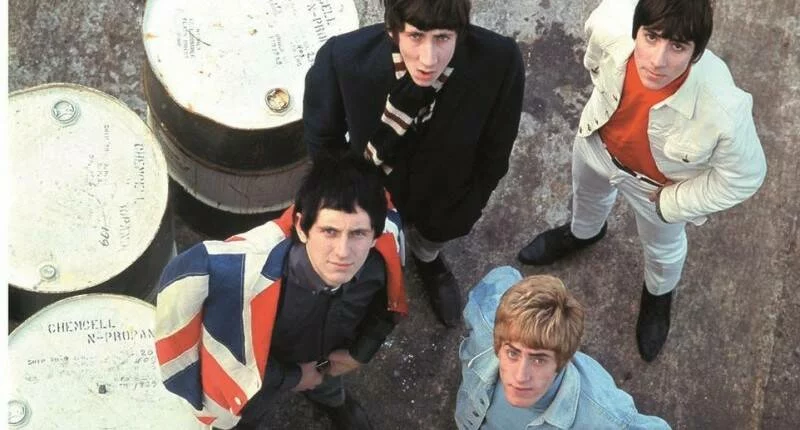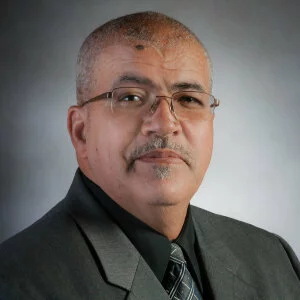I attended the Acton University held in Grand Rapids, Michigan, June 16-19, 2015. Acton sees as its mission “to promote a free and virtuous society characterized by individual liberty and sustained by religious principles.” Each participant attended classes tailored to his/her interests or burdens.
My personal schedule covered topics ranging from “Creation and the Image of God” (Dr. Scott Hahn) to “Church, City, and Urban Renewal” (Pastor Chris Brooks), to “Orthodoxy and Natural Law” (Rev. Michael Butler). It was a presentation by Dr. Jennifer Roback Morse on “The Family and State,” however, that proved to be not only an informative time, but also a time of regretful memories.
I was 14 years old in 1965 when the Who’s “My Generation” was released in the United States. I can remember even then beginning to buy into my generation’s “need” to find a place in a society that was alien to us because of what we understood as social “rigidity.” The Civil Rights movement was still shaking the sociocultural foundations of the nation at that time. More young people were experimenting with drugs and protests began to rage against the Vietnam War and the hypocrisy of “bourgeoisie” existence. In some ways, it was exciting time because of the younger generation’s challenge to the older generation to be more authentic in relationships and more embracing of “change.” To this day, I tell my children that the creative juices unleashed in music: folk, rock, the “British Invasion,” and the Motown movement, will not be easily duplicated. I have since come to realize, however, that the most devastating wave to eventually batter the life of the nation was the so-called, “sexual revolution.”
the most devastating wave to eventually batter the life of the nation was the so-called, “sexual revolution.
Dr. Morse argued passionately that neither a person nor a nation can violate God’s commands concerning sexual relationships without devastating effects. My generation, she explained, demanded a separation of sex and marriage, sex and the facilitation of children. Personal fulfillment emerged as the god of our society and “we have to get ourselves back to the garden” (“Woodstock,” Joni Mitchell). That which came to be recognized as the great evil in the new society would be anything that inhibited personal fulfillment. Dr. Morse pointed out that this collective attitude contributed to the undermining of family. With the movement’s instability, children would have to become more and more effected by the state rather than by their parents. In addition, the revolution would leave many casualties. Many people who were desperately in need of more stable, covenant-like commitments, were left deeply pained and disillusioned because the revolution could not truly deliver the happiness and fulfillment that it promised. Unfortunately, societal values and the formulation of law would also be affected. But needed detail on law will have to wait for future attention.
Dr. Morse would end her presentation with the reminder of the grace of God manifested climactically through the life-changing power of the gospel of Jesus Christ. To this, I would agree with deep gratitude. It still frightens me that those kinds of messages made “sense” to me in those earlier years. But God is so good! He called me to himself through the gospel and is still in the process of transforming me so that I can now see the fallacy of my former thinking. Our God is still a miracle working God and it will take a miracle to transform the minds of my generation who are running the country. Unfortunately, my generation has shown pervasively its revolutionary roots. One of the strengths of the Acton conversations is the constant reminder that only a virtuous people can remain a free people.








Comments
Be the first one to make a comment!